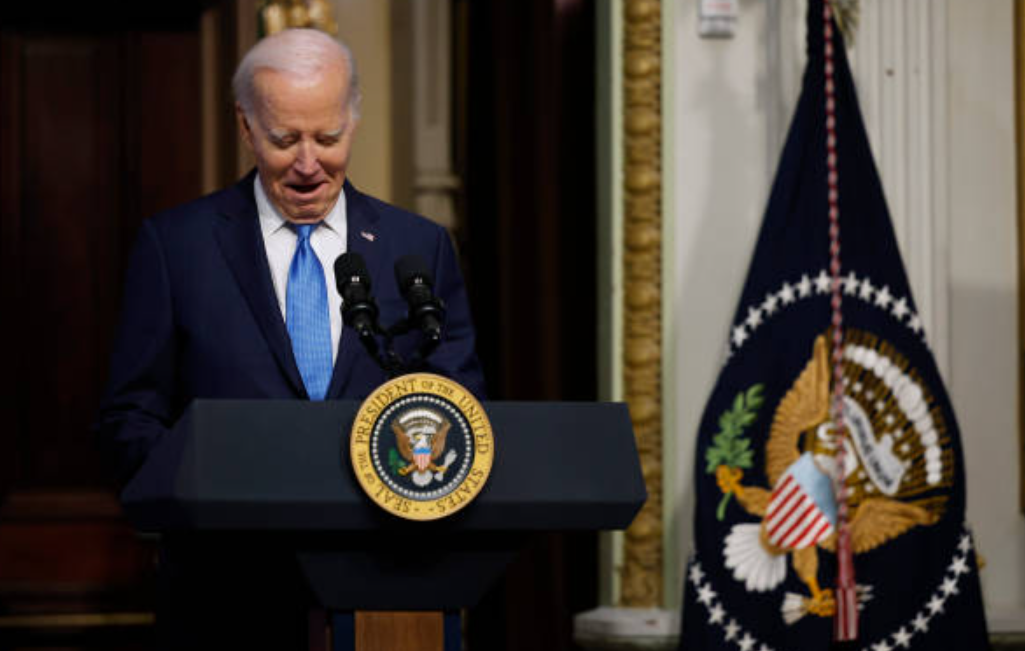The Biden administration circumvented Congress to authorize a $147.5 million emergency arms transfer to Israel in the current war between Israel and Hamas.
The sale aims to bolster the functionality of nearly 14,000 previously purchased 155mm shells made by the US ally in early December.
In response to Israel’s pressing defensive requirements, the Secretary of State, Antony Blinken, invoked delegated authority, citing an urgent need to approve the transfer of military equipment, according to a State Department spokesperson.
Emphasizing the US commitment to Israel’s security, the spokesperson asserted the importance of enabling Israel to defend itself against prevailing threats.
The Defense Security Cooperation Agency, a Pentagon arm, notified Congress about the sale post Secretary Blinken’s approval. The agency assured that the sale wouldn’t compromise US defense readiness and that the 155mm shells would be drawn from existing army stock.
Biden’s Handling of Israel-Hamas Conflict

However, this move comes under scrutiny as Israel faces increasing criticism over its military strategies, resulting in a civilian death toll surpassing 21,000 in Gaza, according to the Palestinian Health Ministry.
Former State Department arms control bureau official Josh Paul condemned the sale, alleging it would support operations leading to civilian casualties, expressing dismay and calling it morally reprehensible.
The Biden administration’s attempt to secure a $106 billion supplemental funding bill, including aid for Ukraine, Israel, and US border operations, has stalled in Congress. Republicans have opposed it, demanding stricter border and immigration policies.
President Biden has faced declining approval ratings for his handling of the Israel-Hamas war. His administration’s public and private statements regarding Israel’s military tactics have diverged, with Biden expressing concern over civilian casualties while maintaining unwavering support for Israel.
The conflict, instigated by a Hamas attack on Oct. 7, resulted in significant casualties on both sides and ongoing tensions. With efforts underway to address the humanitarian crisis, the situation remains highly complex and sensitive, requiring delicate diplomatic and humanitarian considerations.


Comments are closed.